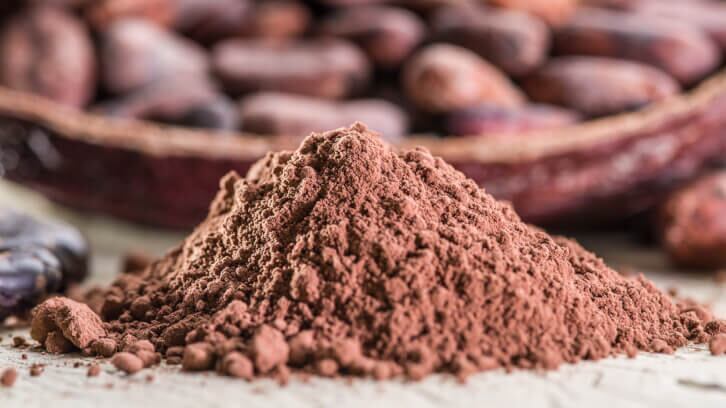Writing in The American Journal of Clinical Nutrition, researchers from Mass General Brigham shared findings indicating that cocoa consumption improved cognition in adults over the age of 60 with habitually poorer diets but had no overall brain benefits in those with healthier dietary patterns.
“This holds significance as some older individuals, for health or other reasons, may be grappling with the challenge of maintaining a high-quality diet,” said Chirag Vyas, lead author on the study. “Overall, our findings raise the possibility of utilizing flavanol-rich diets or supplements to enhance cognitive function among older adults with lower diet quality.”
The researchers drew from the COcoa Supplement and Multivitamin Outcomes Study (COSMOS), a long-term study of over 21,000 older adults investigating the impacts of cocoa supplementation and multivitamins.
Cocoa and the aging brain
Past research has shown the potential protective effect of cocoa extract—thanks to its rich antioxidant and anti-inflammatory bioactive content—on late-life cognition, however the results of the trials have been inconsistent.
“Cocoa flavanols, including (–)-epicatechin, have been postulated to affect cognitive function by interacting with intracellular signaling pathways that mediate neuroinflammation and neurodegeneration and by improving cerebral vasodilation and perfusion,” the researchers wrote.
They suggested that a long-term randomized controlled trial using in-person neuropsychological tests covering multiple cognitive domains could help to clarify the effects of cocoa extract in older adults.
The cocoa extract in the trial was standardized to 500 mg, including 80 mg of antioxidant epicatechin, and was supplied by Mars Edge, a division of Mars Inc. dedicated to nutrition research and products.
Study details
The researchers identified a sub cohort of 573 men and women from the COSMOS trial (average age 69.6 years, 49.2% female). Some received a daily cocoa extract supplement while a second group received a placebo.
Participants completed a series of in-person neuropsychological assessments at baseline to test overall cognition, memory and attention. Of these, 492 completed two-year follow-up assessments. The primary outcome was global cognition across 11 tests, with secondary outcomes including episodic memory and executive function or attention. Repeated measures models were used to compare randomized groups.
The researchers noted that findings from this study contrasted with favorable results from epidemiological studies and some smaller scale randomized controlled trials but were consistent with the results from an earlier study that used a web-based cognitive assessment given to a separately recruited set of COSMOS participants.
Dr. Vyas said that the results merit further research into the benefits of cocoa extract supplementation on cognition in a racially and ethnically diverse sample and among older adults with poorer diet quality.
“Further, future studies are needed to investigate the biological mechanisms by which cocoa extract influences cognitive function among those with poorer diet quality,” he added.
Source: The American Journal of Nutrition
doi: doi.org/10.1016/j.ajcnut.2023.10.031
“Effect of cocoa extract supplementation on cognitive function: results from the clinic subcohort of the COSMOS trial”
Authors: Chirag M. Vyas et al.




